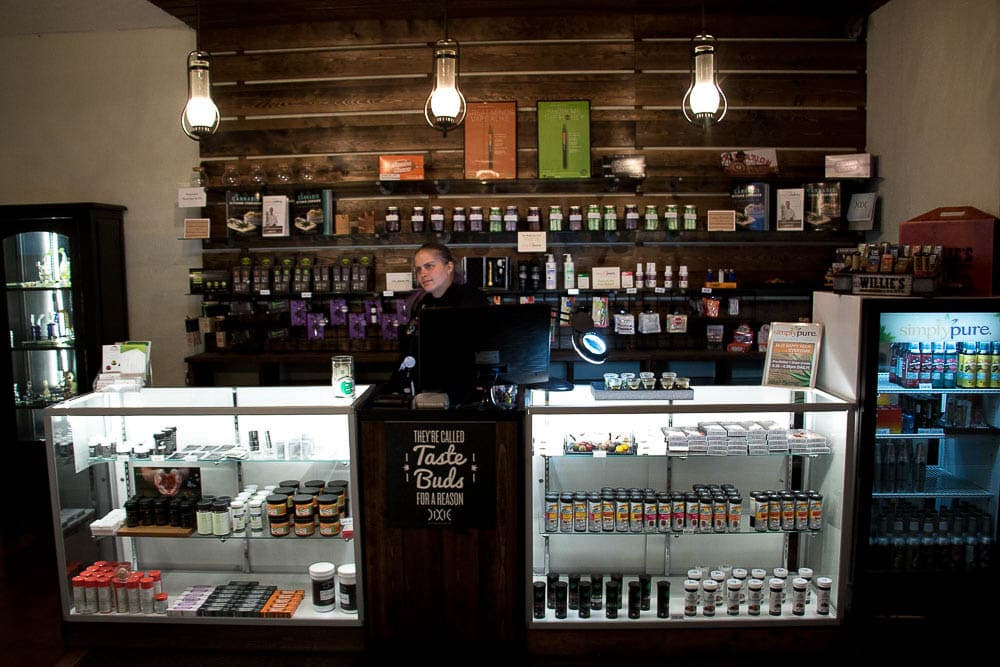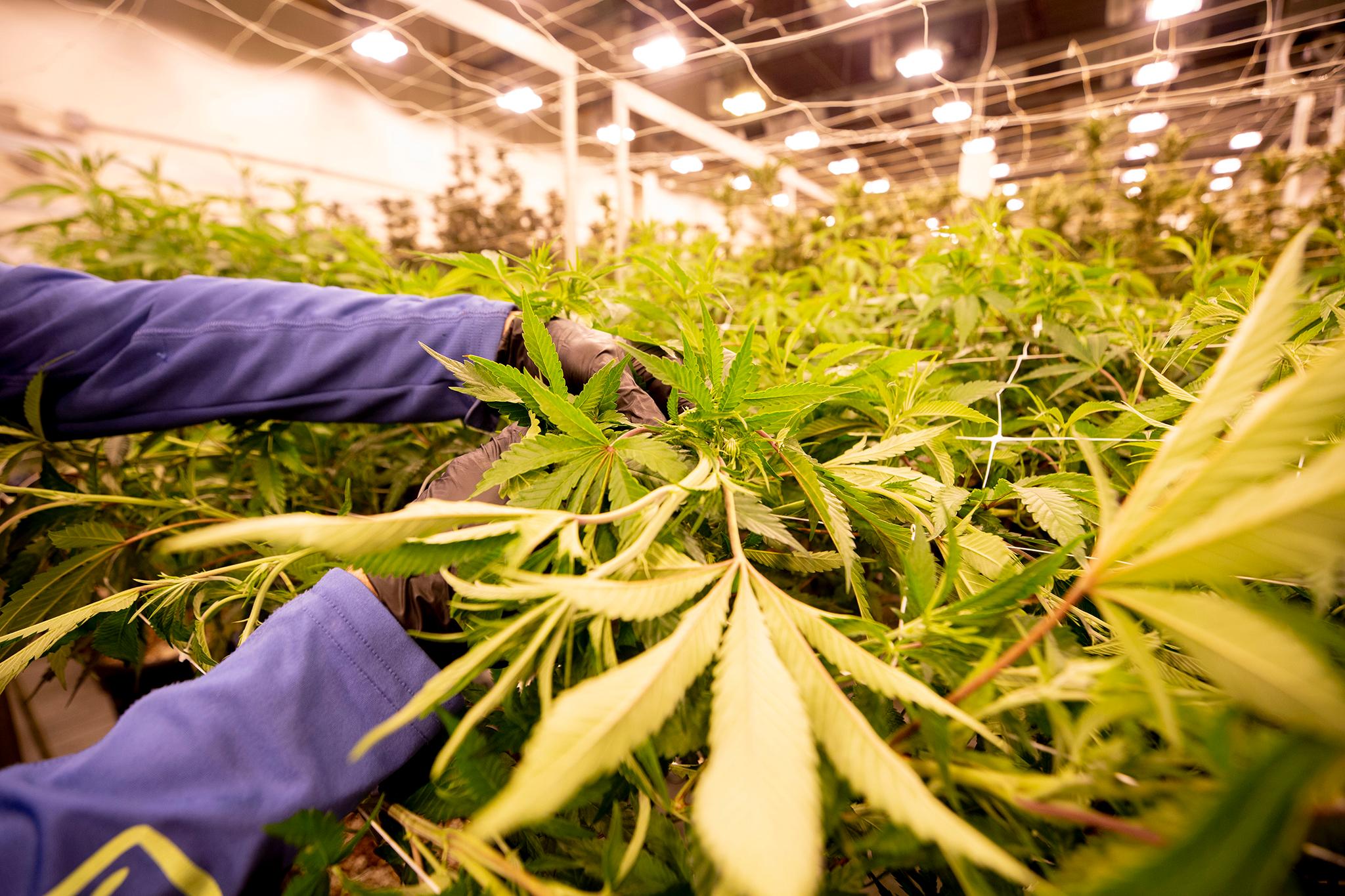If you're an aspiring cannabis business owner and meet the criteria for a social equity marijuana license, then this program is for you.
The Denver Economic Development & Opportunity department will launch an entrepreneurial assistance program for those wishing to get into the cannabis business. Using $500,000 of the city's retail marijuana special sales tax revenues, DEDO partnered with The Color of Cannabis to host the Social Equity Technical Assistance Program, a 10-week class that touches on the history and politics of the industry, compliance, delivery, hospitality and marketing.
The goal of the program is to increase ownership to those disproportionately impacted by marijuana prohibition and enforcement.
Last April, City Council overhauled several marijuana laws, the first time since recreational sales started more than seven years ago. The new laws allowed for weed delivery and hospitality licenses and it eliminated some caps on dispensary and cultivation locations.

It also created the social equity marijuana licensing program. For the next six years, Denver will reserve all new marijuana licenses for so-called social equity applicants. Denverites considered for the program must meet one of the following criteria: lived in an area from 1980 to 2010 that was disproportionately affected by the "war on drugs," they or a relative were arrested and/or convicted of a marijuana offense, and their income doesn't exceed 50% of the state median income.
According to the Excise and Licenses department, 18 social equity licenses have been approved and 30 are pending. Out of the approved licenses, 12 of them are for "Retail No-Premises Transporter" or delivery licenses. Eric Escudero, the communications director Excise and Licenses, said delivery transporter "is the least expensive business to start for a social equity applicant."
Cost and the difficulties of opening a marijuana business are just some of the problems the equity licenses don't address. Industry access is limited to those who have the means, whether financial or through personal connections. Since marijuana isn't federally legal, getting a loan from a bank is already difficult, which means funding sometimes has to come from private equity. That can lead to predatory lending. This issue could be exacerbated for Black and brown candidates.
Hence the Social Equity Technical Assistance Program. According to a press release, the program's success will be measured by "the number of social equity applicant businesses who complete the 10-week curriculum, become licensed, raise capital, create jobs, and/or continue to operate with social equity ownership at 12- and 24-month milestones."
The deadline for the program is Friday, July 15, at 5 p.m. The initial training will begin July 23.













